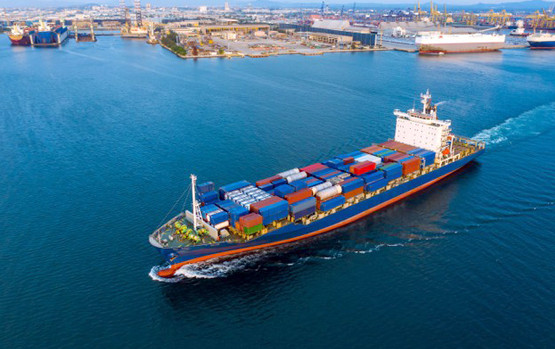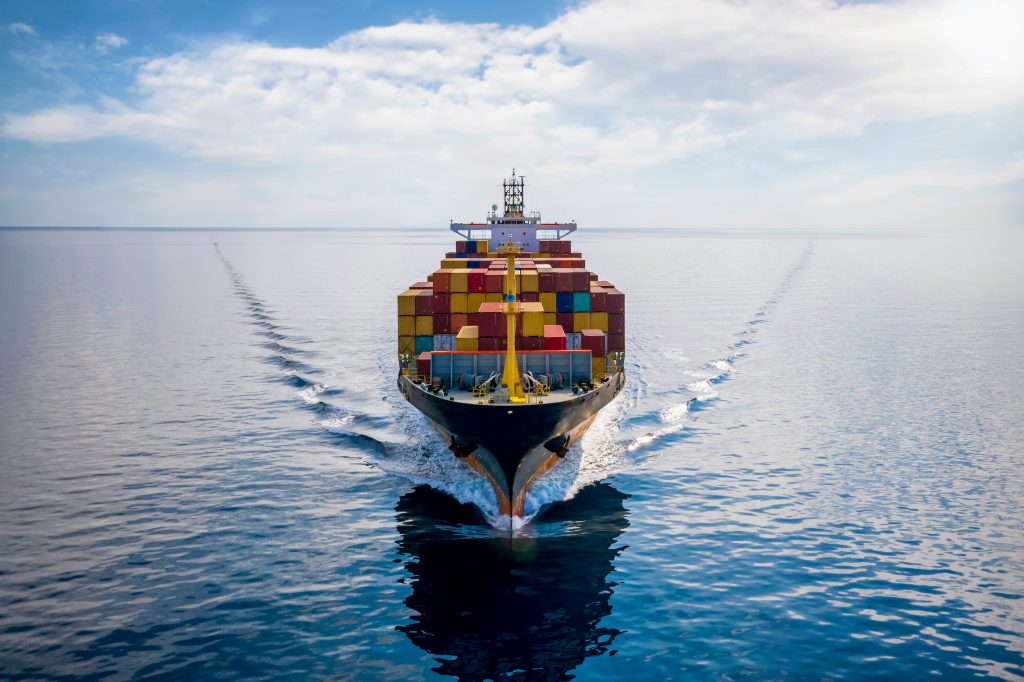One of the main ones is adaptation to stricter environmental regulations, which require greater investment in clean and sustainable technologies.
The year 2024 brings with it unique challenges for maritime transportation. In 2022, the sector represented 90% of global merchandise trade. However, this year it faces a series of challenges.
One of the main ones is adaptation to stricter environmental regulations, which require greater investment in clean and sustainable technologies.
Another significant challenge is supply chain management in a context of global economic uncertainty, where logistics efficiency and flexibility are more crucial than ever.
These obstacles not only require technical innovation, but also a strategic approach to maintain competitiveness.

Challenges and Opportunities
The main challenges facing maritime transport in 2024 are:
- Inflation: it is affecting all sectors of the economy, including maritime transport.
- Costs of fuel, food and other inputs are rising, putting pressure on shipping operators’ margins. Container shortage: This is due to a number of factors, such as the Covid-19 pandemic, the war in Ukraine and the rise of e-commerce.
- War in Ukraine: The war has closed ports in Ukraine and Russia, disrupting global supply chains.
Despite the challenges, there are also opportunities for shipping in 2024. These include:
- E-commerce growth: E-commerce continues to grow at a rapid pace, which is driving demand for ocean transportation.
- Transition to renewable energy: Shipping operators are looking for ways to reduce their greenhouse gas emissions. Green corridors are also being developed for international routes.
- Digitalization and automation: offer potential to revolutionize maritime operations, improving efficiency and reducing costs. In addition, there is growing interest in the development of alternative maritime routes and the expansion of e-commerce, which opens new possibilities for growth and diversification in the sector.
The future of maritime transport depends on the ability to anticipate and react to these changes, guaranteeing a central role in the global economy.










